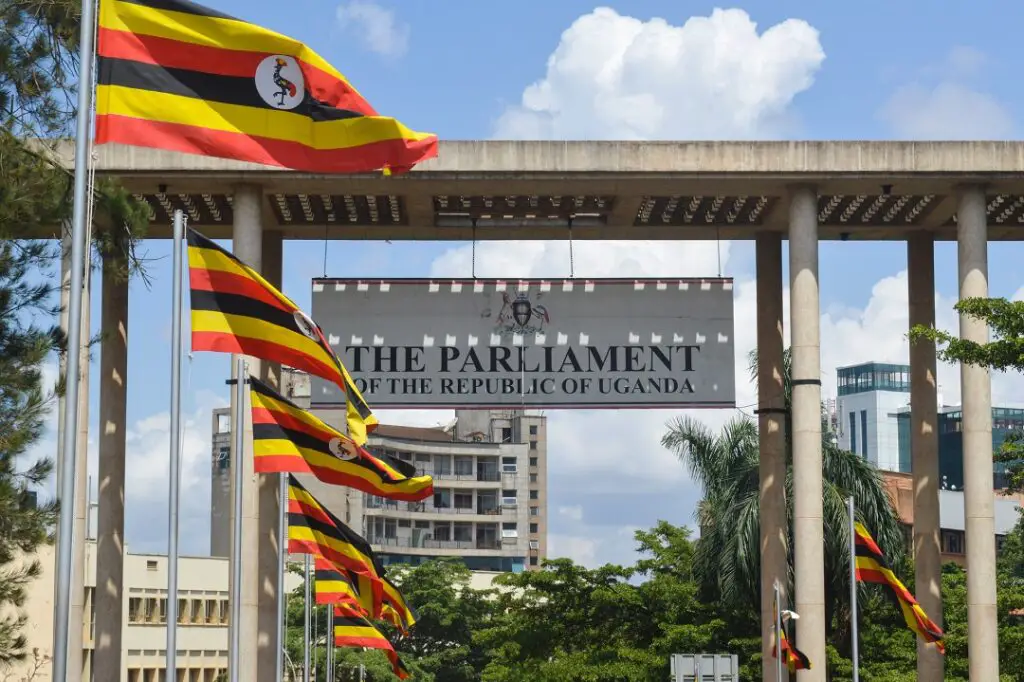- Millions of pensioners in Uganda will continue decrying delayed payment of their monthly dues.
- A new Bill seeking to streamline the pension system in Uganda was withdrawn for further scrutiny by the Executive.
- The objective of the new Bill was to provide for the establishment of a public service pension fund and a public service pension scheme.
Pensioners in Uganda may have to continue decrying delayed payment of their monthly dues while the government continues to battle ghost claims on the payroll following the withdrawal of a new Bill.
The Public Service Pensions Fund Bill, 2023, introduced on March 14, and aimed at implementing a mandatory contribution system for public servants’ pensions has been withdrawn.
Uganda pensioners payment shall be prompt
This is despite the proposed law undergoing significant changes during the committee review. The withdrawal aggravates the pain for pensioners who were banking on the new law to get their dues. According to article 254 of Uganda’s Constitution, a public officer shall, on retirement, receive pension. The supreme law say the pension shall be commensurate with their rank, salary and length of service. Additionally, it says the payment of pension shall be prompt and regular and easily accessible to pensioners.
The Bill wants every public servant to contribute five percent of their gross salary to a pension fund each month. Under the new law, the government’s contribution will be cut to 10 percent of employee’s gross pay. This would mark a departure from the current system where the government contributes 100 percent to the pension fund.
Read also: Oil-rich Angola joins insurer ATI, pays $25 million in fees
The Deputy Speaker, Thomas Tayebwa while presiding over plenary on Tuesday, May 23, 2023 said that over 60 percent of the Bill had been modified by the Committee on Public Service and Local Government.
“I have noted that the proposed amendments are numerous and substantially change the content and subject matter of the Bill thereby changing the Bill that was published and introduced by the government for first reading,” Tayebwa said.
Uganda owes pensioners $119 million
According to the Auditor-General John Muwanga, the government owes pensioners $119 million. In June 2022 audit, Muwanga said pension liabilities increased by 173 percent to $119 million from $43.5 million in 2021. But with the new Bill, these liabilities would be cut by almost 90 percent.
The Bill seeks to establish a public service pension fund and a public service pension scheme. It also sought to provide for the collection of contributions to the fund and payment of retirement benefits to pensioners and their survivors in a way similar to the National Social Security Fund (NSSF). The Bill further sought to provide for the investment of the monies of the fund to generate revenues.
Attorney-General Kiryowa Kiwanuka, upon request, officially withdrew the Bill, expressing no objections. He acknowledged the financial implications of the amendments and commended the committee’s work. He said the Executive will scrutinise the Bill thoroughly and promised its reintroduction at an appropriate time. Tayebwa emphasised the importance of the Bill and urged the Executive to expedite its review.
Public Service Pension Fund
The House committee outlined several recommendations, including the prohibition of borrowing by the pension fund’s board. This, the lawmakers said, would help avoid high interest rates and borrowing risks.
MPs also sought to change the date for monthly contributions to 15th of the following month to prevent delays in salary disbursement.
The proposed Public Service Pension Fund would operate similarly to the private sector’s NSSF.
Public service minister Wilson Muruli Mukasa said the public service pension scheme has presented several challenges. For instance, its governance accountability and sustainability owing to its non-contributory character by public servants. MPs believe the proposed law is a timely legal reform of the pension sector.











